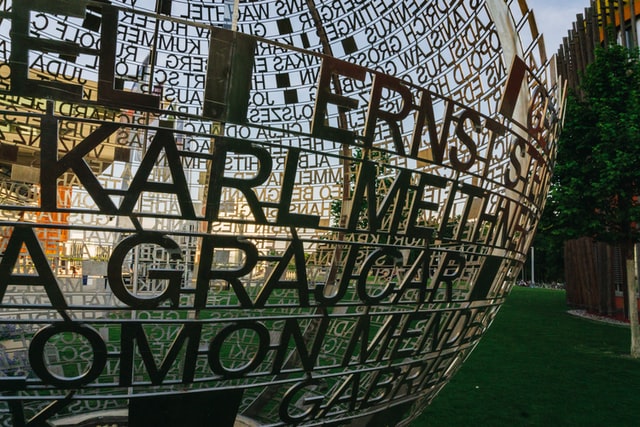There are many different legends about the names of the Kasatha,
but it is generally believed that their first names were given to them by others, and they do not understand their meanings.
Many think that they were assigned to them, like an assumed name or a nickname.
There was no sense of individuality because they never knew what their real name meant and there was never a clear distinction between people.
They would refer to themselves as “this one” instead of using his or her own name.
It wasn’t until recent generations that people started naming themselves and understanding their true meaning behind it.
It wasn’t until recent generations that people started naming themselves and understanding their true meaning behind it.
――――――――
In general, Kasatha names have a very distinct pattern to them.
They often have a “K” sound with a “S” sound as the second or third letter of the word.
This sounds very similar to the name “Kasatha,” as Kasatha is a word for “human.”
This is the easiest way to identify them, because they are physically identical to humans, but they do not carry any of their humanity with them.
Although most people only refer to themselves by their first name,
it is also possible for a Kasatha to carry a family name.
In most cases, it is a name that has been passed on from the parents, as those are the only ones who have a sense of family history.
In those cases, it is often also possible for one to carry the title of his or her family as a middle name.
It is also possible for one to carry the title of his or her family as a middle name.
――――――――
The names of Kasatha are often very descriptive.
A lot of their names revolve around certain ideas and concepts that they share in their culture, such as:
nature, weapons, and magic; or something to do with water (because their homeland is mostly covered by oceans).
Their names do not follow any pattern like humans.
They can be short and long; some sounds are more common than others;
some words are used more than others; some sounds never appear in another name.
It really depends on the culture and race.
――――――――
Unlike humans, Kasatha also have family names that they carry for life.
They appear to be passed down from generation to generation and can sometimes be very important or sacred
if their owner is a clan leader or has been involved in a certain event.
It is only possible for the possessors of these names to pass them down to their offspring by blood-line, not through adoption.
Blood-line is used because this line may be traced back many thousands of years,
and it could represent a family that has been around for a very long time.
――――――――
Each Kasatha culture has a different way of naming their own young, unlike humans who have a similar process for everyone.
Kasatha parents tend to look at the environment around them, the feeling it gives them, and even the language they speak.
They may choose from words from their language that fit this idea and create a name from it.
Then they change the spelling to make it more unique among their kind. For example, “Ajol” is one of many words used for water in their native tongue.
So if a child was born near a river the pronounciation would be “Ah-jol.
The child’s name would be “Ah-jol’s babe.”
This naming process is altered in every culture, even if it is the same word, sometimes by one or two letters.
――――――――
It may seem very random, but it is in fact very important to Kasatha culture.
The names serve many purposes in their lives. Some serve as a reminder of previous events or experiences.
It can be used to show interest in someone who is not interested in them.
It can be used to show respect for someone else by being less formal around them.
Names can be used to show affection for someone in a romantic way, and in the same way it can be used to show hostility.
Truly there is no better way for Kasatha to communicate with each other than with their names.
――――――――
Kasathan names are not pronounced like they are written. For example, “Xu-Xi” is pronounced “Zoo-Zee”.
The same with “Toj” is pronounced “Tooj”.
Their language is full of unexpected sounds and combinations of sounds that don’t exist in any other language.
So when trying to pronounce a Kasathan name, one should try to say what they think it sounds like before trying properly.
――――――――
The Kasatha’s vocabulary is also very strange. kasatha names











